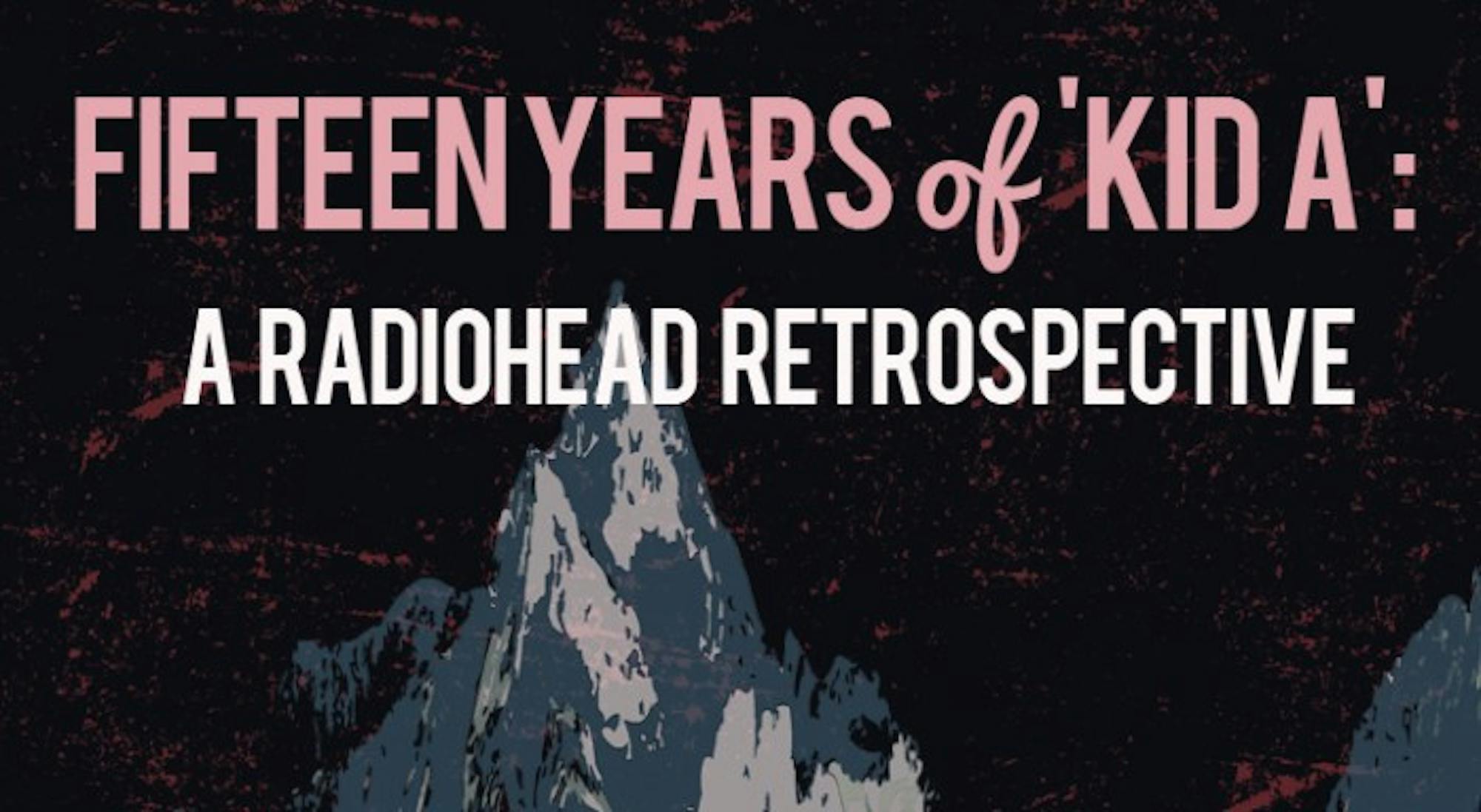
It seems that every few years — at the meeting point of society and the individual, under the duress of variables all set to serendipity — the world stumbles upon an otherwise unassuming artifact that satisfies a thirst the world did not know it had.
In the mid-90s, a new generation wobbled forward on overgrown pubescent legs into a world that was drastically different from anything they – or anyone else, for that matter – had ever known or conceived. While the outside world rebuilt itself after a series of political collapses at the turn of the decade, a totally new virtual world was spinning its invisible web in a canopy of cables and wires above their heads. The mood was not hopeful, nor was it hopeless; It was simply uncertain and paranoid.
Enter Radiohead's "OK Computer," an album that, in its struggle with these themes, found itself hailed by a mass of sympathizers. Its fans were those who, on the eve of that new era and under the pressure of their own accidental leadership within it, retreated to nights of dimly-lit highway overpasses and hallucinatory sojourns at friends-of-friends’ basements. While these are extremes, they, in their frightening plausibility, revealed the ever-thinning line dividing the ordinary and the misfit, a divide that increasingly took on the shape of a bridge. But even in fans who didn’t match these anti-social archetypes, the album struck at those corners of the heart that caved under pressure to withdraw from the world into a hibernation long enough to survive the Millennial Moment and emerge on the other side as well-rested and scratch-free as possible. If nothing else, the album was an apology for self-defense.
But then, three years later, in 2000, the old millennium was put to rest. At its wake, Radiohead introduced the long-awaited follow-up to "OK Computer" to an audience of furrowed eyebrows. What the heck was "Kid A"?
Immediately upon its release, the contentious album was drenched in a punch bowl of labels: odd, disappointing, brilliant, confusing, a gimmick. Everyone was trying to wrap their minds around how this creaking, buzzing automaton had risen from the awkward, tin-foil paranoiac that inhabited "OK Computer." But more often than not, these explanations relied on assumptions, either of the band’s motivations, of the band’s label or of the changing music industry in general.
The way I see it, however, there is a far more straightforward explanation, simple in that it assumes nothing. In a word, "Kid A" was simply inevitable.
The lyricism of the album best illustrates this. Not because of the existence of some rich undercurrent of symbolic significance but for the total lack thereof. In fact, lyrics were picked almost literally from a hat, chopped up and reassembled. They are phrases that even Thom Yorke, the band’s leading creative force, has said are fundamentally inseparable from the music they strive to describe. But if this is indeed their purpose, then they accomplish it effortlessly. This underscores the reason why "Kid A" could not have been assembled any other way: The album is disjointed, chaotic and perpetually moody like the troubled audience that first laid hands on it. It is the extension of a parallelism begun with "OK Computer." The forces that compel a successful rock band to create an electronic album brimming with dark ambience are the same as those that push a misfit to devolve into some confused re-assemblage of himself. Indeed, the writing block the band experienced after "OK Computer" was something like the silent mental breakdown of a lost individual centered about a dangerous question: Where to go from here?
But "Kid A" only answers with additional questions and in this way accurately captures the mood of its generation, just as its predecessor had done only a few years before. Indeed, the album is not as confusing as it is confused, internally at conflict. The paranoiacs inhabiting the world of "OK Computer" have emerged on the other side of the millennium squeezed through the oppressive advance of technology with a sense of ambivalent acceptance. The mood of "Kid A" reflects this when segments of animalistic electronic blips, explosive fanfare and melancholic wallowing are featured in turn, as if the band were scrolling through options like a confused soul aching to understand its role in and response to a wholly new environment. On "OK Computer," the metastasizing digital world was presented as something to be feared, a counterpoint to the humanity of the people who live among these empowered machines. Given the nature of its aesthetic, it would be easy to say that on "Kid A," these devices — and the unpredictable future they represent — are embraced. But the truth is far more ambiguous. Indeed, "Kid A" is perhaps the most precise musical interpretation of the Socratic paradox, and this is arguably what has made the album so captivating to fans since its inception. After all, this paradox would be central to understanding and surviving in such a new, radically different era for mankind.
Radiohead's admission that they know nothing, so to speak — and their willingness to breach new ground until they do — is the sign of artistic maturity that has solidified the band's role as a major player in the alternative rock realm. But more importantly, it is the anti-epiphany that, by entirely avoiding the critical question, brings its generation a sense of peace.
They ask: “What now? Where do we go from here?”
“Who knows?” the band responds. “And that’s fine too.”













